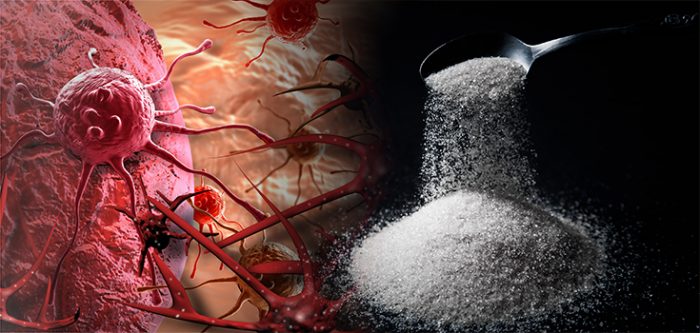Does Sugar Really Feed Cancer?
ARTICLES
Dr. Islam Sharqeyeh
7/5/20252 min read


In the world of health advice and social media claims, few ideas are as persistent—or as anxiety-inducing for cancer patients—as the notion that sugar feeds cancer. The logic sounds simple: cancer cells use sugar for energy, so cutting sugar from your diet should starve the cancer. But does science back this up?
Let’s separate fact from fiction.
What is the claim?
It’s often said:
“Cancer cells feed on sugar. If you stop eating sugar, you can stop cancer from growing.”
As a result, many cancer patients fear eating fruit, bread, or even starchy vegetables, believing these foods might fuel their cancer.
What does the science actually say?
✅ All cells need glucose
It’s true that cancer cells often consume more glucose than healthy cells because they divide rapidly and use glucose as fuel. However:
Every cell in your body requires glucose, including your immune system that helps fight cancer.
If you stop eating carbohydrates, your body will still produce glucose from proteins and fats via a process called gluconeogenesis.
In other words, you cannot “starve” cancer of sugar without also starving your entire body.
Reference: Warburg O. On the origin of cancer cells. Science. 1956;123(3191):309-314. Link
✅ Sugar doesn’t “feed” cancer in the way people think
While high sugar consumption is linked with obesity and insulin resistance, which are risk factors for cancer, this is not the same as sugar directly causing cancer growth.
Cancer’s relationship with glucose is complex and tied to hormones, inflammation, and metabolic factors, not just sugar intake alone.
Reference: Calle EE, Kaaks R. Overweight, obesity and cancer: epidemiological evidence and proposed mechanisms. Nat Rev Cancer. 2004;4(8):579-591. Link
What about low-carb or ketogenic diets in cancer treatment?
Some small studies and animal research suggest ketogenic (very low-carb, high-fat) diets might slow tumor growth in specific contexts. However:
Human evidence is limited and inconclusive.
A 2020 review stated:
“Evidence is insufficient to support the use of ketogenic diets as a standard treatment in cancer patients outside clinical trials.”
– Klement RJ, Fink MK. Med Oncol. 2020;37(6):50. LinkMore research is needed to determine who, if anyone, may benefit from ketogenic diets in cancer treatment.
The risks of cutting out sugar completely
Drastically restricting carbohydrates without medical guidance can:
Lead to malnutrition and muscle loss, which are harmful during cancer treatment.
Weaken your immune system.
Cause emotional distress, adding unnecessary guilt to patients about “feeding their cancer.”
So, should you avoid sugar completely during cancer treatment?
🩺 Moderation is key.
It’s wise to avoid excessive added sugars (sodas, candies, ultra-processed foods), which can contribute to weight gain and insulin resistance.
However, natural sources of carbohydrates like fruits, whole grains, and vegetables provide essential nutrients and fiber and are not harmful.
If you have cancer, talk to your oncologist or a registered dietitian before making major dietary changes.
The bottom line:
🔹 Cancer cells consume glucose, but so does every cell in your body.
🔹 Cutting sugar does not stop cancer growth or cure cancer.
🔹 A balanced, nutritious diet is essential during treatment.
🔹 Focus on limiting ultra-processed, sugary foods while maintaining healthy sources of carbs.
Final Thoughts
The idea that sugar feeds cancer oversimplifies a complex process and can lead patients to unnecessary dietary restrictions. Rather than fearing fruit or whole grains, focus on overall dietary quality and a healthy lifestyle to support your body during treatment.
